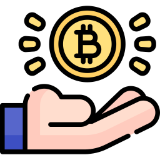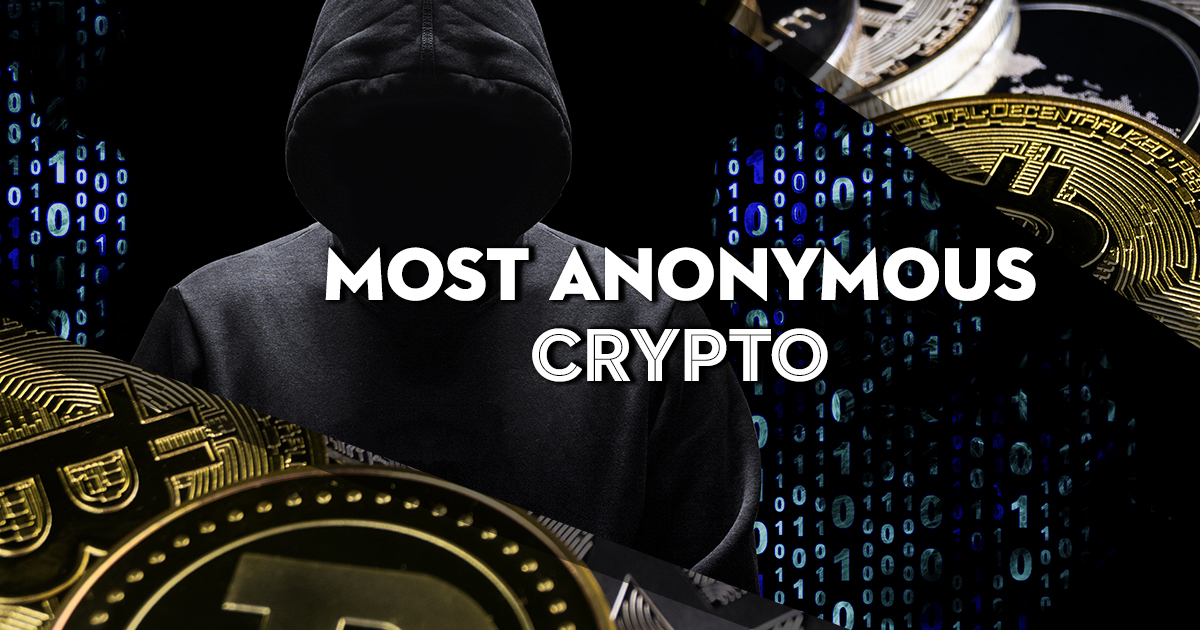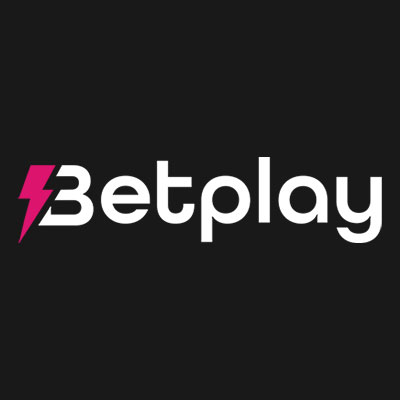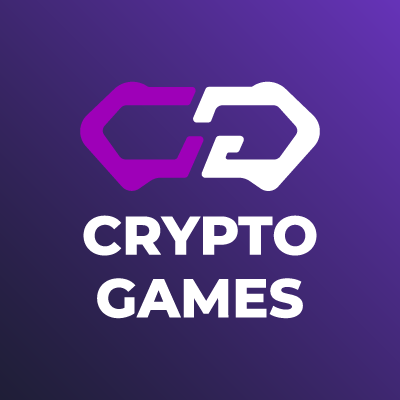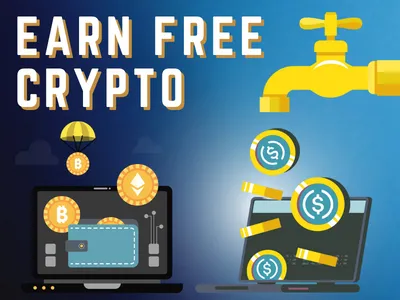Which are the "Anonymous" Coins and their Characteristics?
In 2008, Satoshi Nakamoto introduced bitcoin as a revolutionary alternative to traditional financial systems, driven by principles of decentralization, trustlessness, and public verifiability. Designed to operate independently of government control or any centralized power structure, bitcoin provides users with a transparent system where transactions can be publicly verified, ushering in a new era of financial autonomy. However, some detractors may argue that the very transparency that underpins bitcoin's operation is somehow in conflict with its fungibility.
Fungibility is a key aspect of every functional monetary system, it ensures that each unit of currency is indistinguishable from another. While bitcoin's transparency enables public verification of transactions, concerns could arise about the origin of certain amounts of bitcoin, effectively creating a premium for virgin bitcoin.
To address these concerns, users within the bitcoin ecosystem have explored obfuscating features and methods. Techniques such as CoinJoin and careful wallet hygiene, along with the use of single-use wallets, have been embraced to enhance privacy and, by extension, fungibility.
As the crypto market continues to evolve and blockchain forensics companies become more and more effective, privacy blockchains may become a key tool of the crypto ecosystem and see higher demand by privacy concerned retail users. Here’s a list of the most popular privacy blockchains sorted by market cap:
Monero [XMR]
Monero was developed with a single goal in mind. A decentralized coin that is reliable, untraceable, private, and most importantly, anonymous. Unlike most cryptocurrencies, Monero is not a fork of Bitcoin or Ethereum. Instead, the developers of this coin programmed their own chain with an alternative method of mining and using it.
By creating their own blockchain system, they managed to eradicate the security flaws in the Bitcoin blockchain. Monero is a community-driven project with its own design. Nothing takes preference in the currency more than privacy.
Monero didn’t become the most popular privacy coin by being the oldest, it became the leader by focus on privacy and fungibility: Monero transactions are confidential by default, meaning that the sender, receiver, and transaction amount are obfuscated using three particular steps:
-
Ring Signatures: In a ring signature, multiple decoy signers are added to the list, including the actual sender. This ensures that even if someone is monitoring the network, they cannot determine with certainty the true origin/signer of a transaction.
-
Ring Confidential Transactions (RingCT): RingCT is an additional layer of privacy that hides the transaction amount. It allows for the verification of transaction validity without disclosing the actual amount being transacted.
-
Stealth Addresses: Each transaction generates a one-time address for the receiver, making it difficult for third parties to link multiple transactions to a single user, unless he somehow consolidates his positions into a single address.
By combining these 3 steps, Monero ensures true fungibility by making all coins indistinguishable from each other. In traditional cryptocurrencies like bitcoin, tainted coins (associated with illicit activities) may be treated differently, affecting their value. Monero's privacy features contribute to fungibility, as each coin is essentially interchangeable with any other.
Trading for $166.47, the XMR token has a market cap of $3,056,243,587 and is by far the largest of the anonymous coins on this list.
Dash [DASH]
Dash has an interesting system where users can choose whether their transactions will be anonymous or not. It was first known as Xcoin, then DarkCoin for its darknet usage. The token then changed to the name Dash back in 2015.
The transactions go through a system called CoinJoin, where the funds' origins are "obscured." CoinJoin works similarly to a mixing service where it gathers multiple users' funds and then releases them in numerous smaller transaction sizes. The mixing makes it extremely difficult to track the transaction, though it can still be done. The CoinJoin service is available with Bitcoin but is less efficient.
It should be noted that the CoinJoin privacy feature does come at a higher transaction gas fee. The DASH token trades for $30.82 and has a total market cap of $355,829,108.
Zcash [ZEC]
By default, Zcash is not an anonymous coin. It has an open ledger that can be viewed by the public. However, they have the option for users to switch to the "zk-SNARK protocol," which is non-interactive and zero-knowledge proof.
The SNARK protocol is completely anonymous and hasn't had major flaws in the past. The anonymity of these transactions is impressive. Unfortunately, to process these transactions, users need a minimum of 4 GB of RAM. The good news is that there are teams working on changing these requirements and turning the SNARK protocol into the default transaction method. If they are successful in this, the token will likely gain in value drastically.
The ZEC token trades for $29.58 and has a total market cap of $483,030,057.
Oasis Network [ROSE]
Oasis Network is a pioneering layer-1 blockchain network, distinguished by its focus on privacy and scalability. Positioned as a decentralized platform, Oasis Network is designed to empower users with control and ownership over their data, particularly enhancing privacy in the Web3 ecosystem. This blockchain introduces a privacy layer, offering cross-chain EVM compatibility for confidential smart contracts across popular networks such as Ethereum, BNB Chain, and Polygon.
What makes Oasis Network stand out is its ability to ensure data confidentiality and privacy, unlocking new use cases like private automatic market makers, under-collateralized loans, private dark pools, stablecoins, and private payments. Tokenized data on Oasis allows users to take charge of their generated data and earn rewards through staking it on applications, making it a preferred solution for the next generation of Dapps.
ROSE currently trades at $0.0669 with a market cap of $438,259,035.
WorldCoin [WLD]
Worldcoin is a groundbreaking initiative with a mission to establish a globally inclusive identity and financial network, owned collectively by the majority of humanity. In essence, Worldcoin introduces a privacy-preserving digital identity network called World ID, based on the concept of "proof of personhood." This new approach enables individuals to declare their humanity and uniqueness without revealing personal identities, paving the way for secure online interactions that are harder to trace than bitcoin for example (which doesn’t intend to prevent it).
World ID operates through a custom retina scanner known as the Orb, designed to verify humanness and uniqueness through zero-knowledge proofs; meaning it doesn't require any other input than the retina scan to validate the human identity. This verification process contributes to fairer online activities, protecting against bots and enabling the equitable distribution of limited resources.
WLD currently trades at $2 at a market cap of $228,140,167.
Verge [XVG]
The Verge uses a unique system to ensure its anonymity. Instead of working on a safe, anonymous cryptographic chain, they opt to enforce the usage of the Tor Browser as well as an I2P network. To further improve anonymity, they include other features such as "atomic swaps" where users can cross-trade for different currencies without relying on typical 3rd party platforms. Their transaction times are impeccably fast, and their UI is user-friendly.
The issue with Verge is that it focuses on anonymity, but still has an open-ledger system. The way they have built their blockchain makes it vital that users can view and verify transactions.
The XVG token trades for as low as $0.0036 and has a total market cap of $59,950,271.
Pivx [PIVX]
The Pivx network is a fork of Bitcoin and therefore is open-ledger by default. To combat this system, Pivx uses a special feature called the Zerocoin protocol. Zerocoin is a Bitcoin cryptographic add-on that enhances the protocol to enable completely anonymous money transfers.
The Zerocoin protocol has been attacked and stands strong and is already nine years old. This gives Pivx a greater advantage over many alternative anonymous tokens.
The PIVX token trades for as low as $0.4899 and is the smallest of the tokens listed here, with a total market cap of only $47,564,830.
Which Cryptocurrency is the Most Anonymous and Why?
XMR Monero is by far the most anonymous cryptocurrency. This is because Monero uses a unique system where each token is fungible. This means it's impossible to distinguish when a token moves from one wallet to another. Their privacy is so secure that there are bug bounties of millions of dollars to those who can successfully crack and trace Monero transactions.
Unlike alternative anonymous cryptocurrencies, Monero is 100% private by default. Therefore, there are no methods to track the sender's details, the amount of funds transferred, and the amount of funds in a wallet unless you own it. Monero takes a step further and creates a stealth address to ensure anonymity even if the code were to be cracked.
The coin has other benefits, such as:
-
Fast transactions: While the speeds are not top tier in comparison to newer projects, a transaction can be completed within five minutes. This depends on the number of confirmations required for the website where you deposit. Typically, three confirmations are acceptable, but some ask for as many as ten confirmations.
-
Dynamic scalability: Dynamic scalability is an automated system where the resources poured into the blockchain scale up or down according to the incoming traffic. It's essentially an automated real-time monitoring system to ensure efficiency.
-
Multiple key systems: The various key systems allow for a greater privacy benefit. These various keys include public keys, private keys, view keys, spend keys, and one-time public keys.
Monero is not perfect, though, and it has a few flaws. The public has no voting power over the token, meaning only Monero developers can vote to implement changes. The coin uses a Proof-of-Work system called RandomX to validate transactions, which is less sustainable for the environment.
Due to the nature of the coin, it is used for many scams. It is easy to create phishing attempts or for even well-known sites to "selectively scam" and claim they have not received the payment. So always do your research on any site you use.
Where to buy Monero
Monero does provide increased anonymity but this came at a cost as because of this it's not the easiest coin to buy or trade. A reputable exchange where you can make your first step in the XMR world safely is CoinMama, a very easy to use crypto exchange with over 10 years of life allowing for various different deposit options while it doesn't charge for crypto deposits. Unfortunately to purchase crypto you will have to either deposit in fiat or convert your crypto to fiat as CoinMama doesn't allow crypto to crypto trades.
Where to store Monero
There are a few wallets where you can store your Monero safely. Above all we recommend the Ledger and specifically the hardware wallets Ledger Nano X or Nano S Plus. They might not be the latest model but they do provide users with robust security storing their coins without worrying about being hacked while remaining very easy to use and most importantly cost-effective options. With 5500 coins and tokens available in their portfolio including Monero its the only recommendation you will need.
However, should you need a software wallet to store your XMRs, you can use the GUI wallet which the Monero community designed for the coin. Another time when the cryptocurrency community steps up to serve the rest of the world.
Dangers (and how to avoid them)
Anonymous casinos regularly make every attempt to dodge regulators, especially ones that will not have a KYC included. This gives them the option to pull stunts with less consequence. There are some "unwritten rules" to follow before adding your funds to any crypto website, and the same goes for crypto casinos.
Watch out for phishing attempts. The majority of crypto casinos will be targeted by phishing attempts. You always need to look for the correct URL and do your research beforehand. Using a VPN can help with adding an extra layer of security for your IP.
Avoid selective scams by adding a small amount to your onsite balance first. The opportunity to selectively scam you is still present, but it's this that helps.
Avoid exit scams by removing your funds while you are not playing any games. An exit scam is where the website closes without warning and runs away with all the funds. This happens often on darknet markets and is just as possible with anonymous casinos.
Use a unique username and password. This will ensure your identity remains anonymous and lower the chance of your account being hacked.
Where You can Play with Monero
The good news is that Monero is very popular, and you will find many crypto gambling sites that accept XMR as a payment method. But this does not mean you're in the clear for anonymity, as most sites require a form of KYC (Know your customer). In other words the term "KYC" refers to the need to be informed of your users' identities.
Casino businesses typically require KYC measures to uphold safety and reduce hazards. However, there is no such constraint at anonymous or no registration casinos, so you are free to use your Monero for gambling on whatever you like.
Here is a list of decent gambling site options:
-
BC.Game does not require any KYC, accepts all the tokens mentioned above, has been around since 2017, and has over 5,000 games to choose from. The website has a large community but lacks things like deposit or welcome bonuses (likely because there is no KYC).
-
TrustDice is one of the most diverse crypto casinos in terms of coin availability, and XMR is included. But it's not just a casino, it has a wide variety of games including proprietary games, it also has it's own faucet included. In addition to that, with bets as low as 0.0000001 BTC and great odds it is an ideal place for XMR betting too.
-
Jackbit is a fairly new player in the space with a fresh reputation. It features a sportsbook and over 5900 games, including popular Playn’Go slots like Book of Dead and my favorite Banana Rock.
-
22BET is a full fledged sportsbook (including e-sports), casino with various games and live tables. They do accept XMR deposits but withdrawals have to be through a different payment channel.
-
Lastly Casobet is another casino where you can play with Monero but with a dubious reputation. This is because of their relatively poor customer service while there have been a few complaints online from unhappy players. Nevertheless, it offers a great product with many different games, quick transactions and no geo-block.

